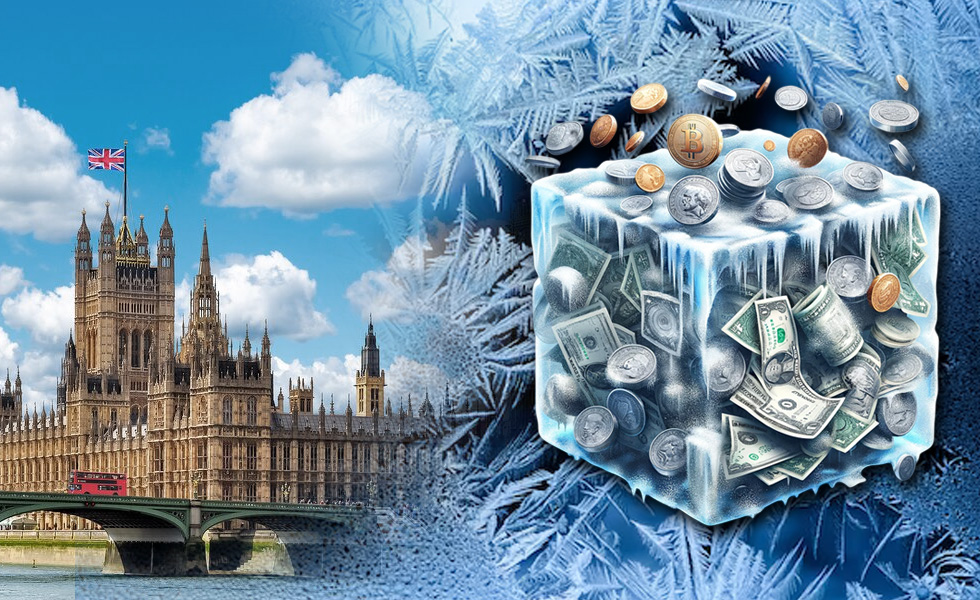United Kingdom is prepared to release all frozen assets of the Russian Central Bank in the country to Ukraine on the condition that they are returned when Russia is compelled to pay reparations to Ukraine after the end of the war. This was stated by the Foreign Secretary of the United Kingdom, David Cameron, as reported by The Guardian.
“There is a possibility to utilize something like a syndicated loan or bond that effectively uses frozen Russian assets as collateral to provide these funds to the Ukrainians, knowing that we will return them when Russia pays reparations. This could be a better way to do it. We seek maximum unity of G7 and EU on this issue, but if we can’t get it, I think we’ll have to move forward with allies who want to take such measures,” said David Cameron.
He also noted that he does not believe such a plan will undermine the reputation of the City of London in any way.
It should be noted that this approach is more radical than the proposals being discussed in the European Union, which involve providing Ukraine only with profits from frozen assets of the Russian Central Bank held in the West. Such profits are estimated at $4 billion annually.
For over a year, the G7 has been discussing whether it’s possible to freeze the assets of the Russian Central Bank, frozen after the full-scale Russian invasion of Ukraine in February 2022, without undermining trust in the international financial system.
According to EU estimates, the assets of the Central Bank of Russia in the form of securities and cash in the jurisdictions of G7 countries, the EU, and Australia amount to approximately 260 billion euros, with over two-thirds of them located in the EU.
It is believed that Belgium controls up to 190 billion in assets held in its financial clearing centre, Euroclear. Because of this, Belgium is least inclined to follow Cameron’s radical plan. Euroclear claims to have already faced a number of lawsuits, mostly from Russia.
The US Treasury, which initially opposed the freezing of Russian assets due to their immunity, has shown favour towards the idea of bonds. According to US estimates, Russian assets range from $40 to $60 billion, while Britain holds approximately £25 billion.
Cases of freezing state assets have occurred before, including the UN-sanctioned freezing of billions of dollars of Iraqi funds in the US, intended for reparations to Kuwait after the 1990 invasion.







